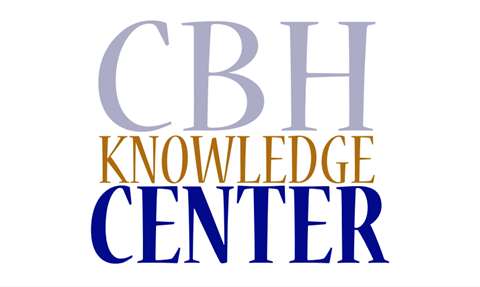This six-hour workshop is designed for front-line substance abuse counselors who work in any setting directly with clients negatively affected by the use of alcohol and/or other drugs. It focuses on three vital skills (asking about suicide; monitoring for emerging suicide risk, and client safety planning). "Saving Lives: How Substance Abuse Counselors Can Prevent Suicide" covers principles and practices based on sources that are evidence-based or are theoretically sound and widely used, such as SAMHSA's Treatment Improvement Protocol (TIP) 50; the National Suicide Prevention Lifeline's Suicide Risk Assessment Standards & Practices; the American Association of Suicidology's Consensus Warning Signs; and the Safety Plan Treatment Manual (Veteran Version). The workshop is highly interactive and includes instruction, exercises, and take-home tools to help substance abuse counselors work constructively with clients based on knowledge of the nature of a suicidal person’s point of view (the suicidal mind) and of common caregiver attitudes toward suicide—with a focus on collaborating with clients to help them address their most pressing needs. The workshop does not cover formal psychiatric assessment or clinical counseling of suicidal clients.
OBJECTIVES:
The “Saving Lives” workshop will enable participants:
1. To understand the close relationship between substance abuse and suicide
2. To value substance abuse counselors' knowledge and experience related to suicide and its prevention
3. To empathize with the point of view of someone who is suicidal
4. To recognize caregiver attitudes about suicide that might affect working with a suicidal person
5. To explore using a collaborative approach in working with suicidal clients
6. To be able to ask clients about current suicide risk
7. To see the connection between people's behavior and suicide warning signs
8. To understand the importance of supervision and/or consultation regarding suicidal clients
9. To help clients stay safe from suicide
10. To restrict at-risk clients' access to lethal means
11. To identify sources of more information and resources for suicide prevention, intervention, and postvention
SPONSORED BY:
MA Department of Public Health, Bureau of Substance Abuse Services, Suicide Prevention Program, & AdCare Educational Institute, Inc.

